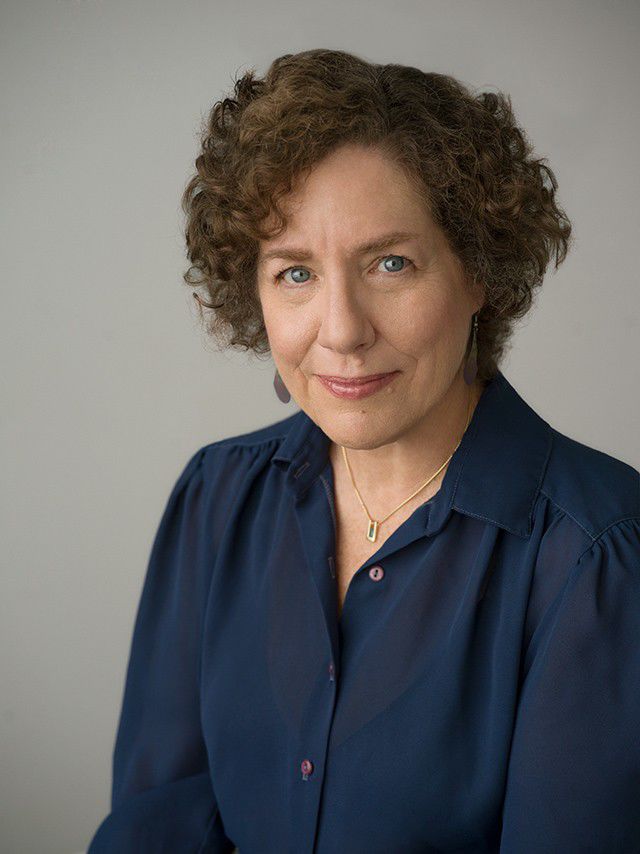Author tells story of Carrie Chapman Catt and women’s suffrage movement
February 14, 2020
Women dressed in white, wearing sashes of gold that said “Votes for Women,” stood at the entrances and sat in the seats of the Great Hall of the Memorial Union for the kick off to the “Hard Won, Not Done” centennial.
Elaine Weiss, an award winning journalist and writer, told the story of Carrie Chapman Catt, the ratification of the Nineteenth Amendment and the suffrage movement as a whole in her lecture “The Women’s Hour.”
At the beginning of Weiss’ lecture, she said history books often sum up the women’s suffrage movement in one sentence. Weiss said this movement didn’t happen overnight, or even at the Seneca Falls convention — instead that the suffrage movement took years and years to ratify the Nineteenth Amendment.
“We were not given the vote, we weren’t granted the vote,” Weiss said. “It required three generations of fearless activists.”
Before coming to this event, many students said their high school experience summarized the suffrage movement in one history book sentence, and they had not been educated completely about the suffrage movement before college and this commemoration.
Haley Simpson, sophomore in event management, said the history of women and the women’s movement hasn’t been highly publicized.
“I think it’s put to the back-burner,” Simpson said.
Lena Menefee-Cook, senior in art and design, said she doesn’t even really remember learning about women’s suffrage in high school.
“I’m sure it was a part of the curriculum, but in a minimal enough way that I have no recollection of what was said about it,” Menefee-Cook said.
Micah McCutchan, senior in political science and public administration at the University of Northern Iowa, said she thinks it needs to be taught more.
“You don’t learn a lot about suffrage at all,” McCutchan said.
Throughout the lecture Weiss went though the whole journey of the suffrage movement, specifically from Catt’s perspective.
Weiss said Catt found the fight in her to challenge women’s inability to vote after her father said voting was too important from women. From there, Weiss went into the life of Catt, from working to get herself through college at what is now Iowa State, working along Susan B. Anthony, leading activist groups, working to ratify the Nineteenth Amendment in Tennessee and much more.
Brooke Stromberger, freshman in agricultural and life sciences education, said she was excited to hear about Catt, as she didn’t know much about her going into the lecture.
“I always walk past [Catt Hall] and I don’t know what it is,” Stromborger said.
Menefee-Cook said she thought it was interesting to talk about Catt, as she was a “representative of Iowa in this movement.”
“It is definitely interesting to hear about the different contributions she made to this movement,” Menefee-Cook said.
Several students said this lecture is important, as all students need to be informed about the suffrage movement.
Erin Thompson, senior in Spanish and political science at Northern Iowa, said it’s important to take steps to become more knowledgeable.
“Having an open event really recognized the importance as well as the complexities of the suffrage movement and the 19th amendment,” Menefee-Cook said.
Weiss said after the 2016 election, rights appear to be in danger again. She said future activists need to work to continue the work of the ones before.
“The work of the League of Women Voters is our best defense,” Weiss said.
Just like the name of the commemoration, President Wendy Wintersteen also said the work is not done.
“Hard won certainly summarizes the long tremendous strain led by extraordinarily, committed, courageous women to live the American women’s right to vote,” Wintersteen said. “Not done aptly describes where we stand today.”
This lecture was a kick off to the many events of the day and Friday marked the start of a year-long celebration of the Nineteenth Amendment and 100 years of women’s suffrage.







